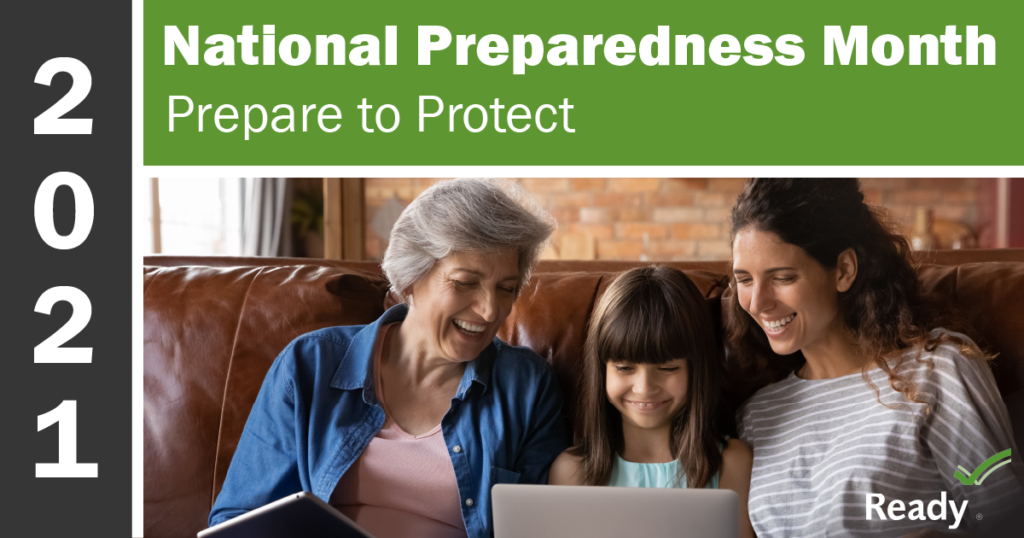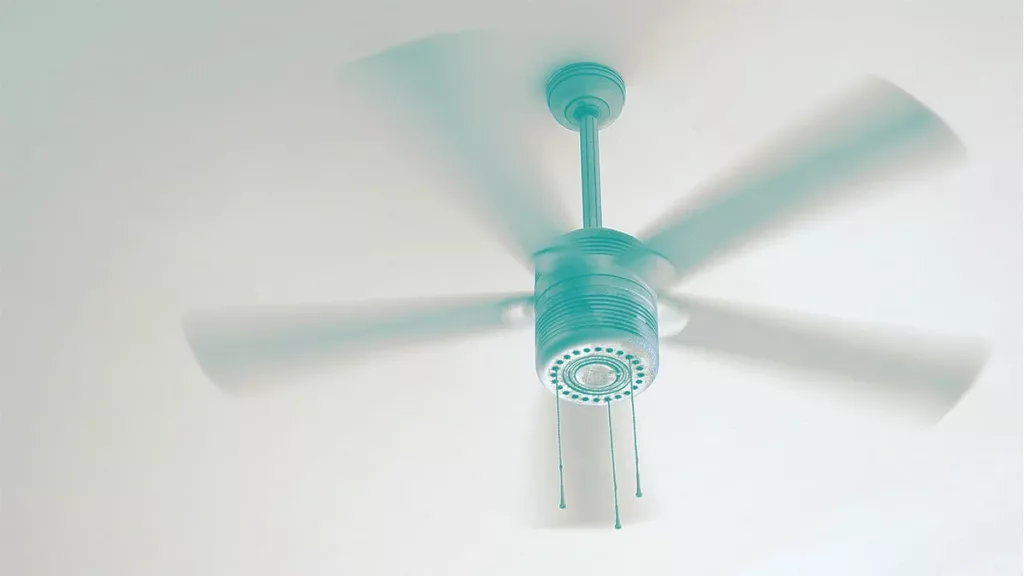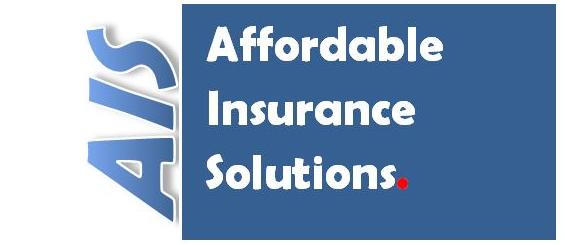
5 Common (and Potentially Costly) Homeowners Mistakes
Owning a home is usually a great experience. But it can also be a hassle, especially when unexpected issues pop up—whether you have a minor breakdown or a major catastrophe, it’s almost certainly going to require time and money to fix.
In many instances, however, those “unexpected” issues shouldn’t be a surprise at all because they’re often due to a lack of maintenance or other oversights by homeowners. And not just new homeowners, either: It’s common for people who have been in a home for years to neglect even some of the most basic tasks that can prevent problems down the road.
Here are five mistakes we often see homeowners make—and tips from experts to help you avoid them.
- Forgetting about (or ignoring) the small stuff. The toilet that runs constantly? That faucet with a slow drip? The little crack in that one board on the deck? They might not seem like big problems, but they can become more significant issues over time. For example, a leaky faucet or running toilet might mean your water bill is higher than it should be. And that small crack can lead to rot, which could lead to replacing the board—or the entire deck. When you see “small” things around the house, take steps to address them as soon as possible because it likely will be a lot easier (and cheaper) today or tomorrow than a year from now.
- Not doing regular checks around the house. Speaking of seeing things around the house, how often do you look around the house? You’d be surprised how many homeowners haven’t been in their attic or crawlspace for years. It’s a good idea to do a walk-through periodically to look for leaks, areas of wear, or other problems. And don’t forget to go outside! How is your roof looking? Do you see any cracks in your siding? Are the seals around your doors and windows solid? It’s important to catch those things before the rainy season begins in fall and winter.
- Skipping maintenance on your appliances. Not only will keeping your appliances in good shape ensure they work effectively and prolong their lifespan, but maintenance also can prevent serious risks. For example, when was the last time you cleaned out your dryer exhaust vent? No, not the screen you pull out when you’re doing laundry, but the one on the back or side. Too much lint buildup can cause a fire—so clean it out at least once a year. You also should check the hoses connected to your washing machine and dishwasher. Are they worn? Do they need to be replaced? Please do it now, before one fails when you’re not at home and causes significant water damage. Other tips:
- Clean your refrigerator coils at least once a year.
- Clear out your dishwasher’s food filter regularly.
- Vacuum up dust and other debris in window air conditioners before you start using them each year.
- Remember to test your smoke and carbon-monoxide detectors twice a year, installing fresh batteries each time.
- Neglecting other systems. Your HVAC system needs attention, so it won’t fail when you need it most. Having your furnace, heat pump, and/or central AC unit serviced each year before you start using them heavily will alert you to any potential problems. You don’t want to find out that your furnace is out of whack when it’s 30 degrees outside or that your AC is on the fritz when it’s 95. Change filters at the appropriate intervals, and if it’s been a while since you’ve had your ducts cleaned, consider that as well.
- Not having a home warranty. Despite your best maintenance efforts, that air conditioner might break down, leaving you sweltering in the summer. The water heater could stop working, meaning cold showers every morning. Or the refrigerator suddenly won’t get very cold anymore. These things sometimes happen, and if your appliance is out of warranty, you’re on the hook.
Your home is one of the most significant investments you’ll ever make, so it pays to be diligent about caring for it. Keep your eyes open around the house. Don’t hesitate to get out the tools, or call a professional if needed. Remember, prevention is the best medicine—and that old saying holds just as much for your home’s health as it does for yours.
Reposted with permission from the original author, Safeco Insurance®.
There are many different ways to express your love for others, but Life Insurance is an expression beyond mere words. Call us today to set up the policy you need to make sure your loved ones are looked after.


September is National Preparedness Month
Having an emergency plan is always a good idea, even when you’re not at home because disaster can strike when you least expect it. It is a good idea to know what disasters and hazards could affect your area, how to get emergency alerts, and where you would go if your family should need to evacuate. But waiting until it happens is too late. That’s why you are urged to take action now. Ready.gov has all the information you need and even free resources. Please act now and take precautions so you can be prepared for whatever may come your way.

What to do if You’re in an Accident
Accidents can be scary. Even the most careful drivers can be involved in an accident. If you ever are, here are some tips from one of our carriers, Foremost Insurance:
- Obviously first, check yourself and any passengers for injuries. Make a call to 911 if necessary.
- Try to remain calm. No one ever begins their day with thoughts of causing an accident, and you never know what someone else is going through.
- Call the police. Ask them if it’s okay to move from the scene if the accident is minor.
- Take proper safety by turning on your hazard lights.
- Take pictures. This one is super important as it can protect you from fraudulent claims. Snap photos of damage done to each vehicle involved and it is also a good idea to get a photo of the license plate of the other vehicles as well.
- Exchange information with the other drivers – collect as much info as you can.
- Another obvious point – stay put until the police have cleared you to leave.
- Lastly, notify us. We can walk you through the next steps to take. You can all our office during business hours at 919-947-5725.

How to Lower Your Utility Bill During Rising Temperatures
Welcome to August – usually the hottest month of the year here. And with the rising temperatures outside, your air conditioner is most likely working overtime on the inside. Consumer Reports gives us 3 tips on how to keep your utility bill down even when it gets hotter outside:
- Turn on your ceiling fans. Instead of making your air conditioner do all of the work, let your ceiling fan help. According to the Department of Energy, ceiling fans cost little to run and can make your room feel up to 4 degrees cooler!
- Even small changes can help. Maybe you are one that likes to let the sun shine in during the day, but to help with your utility bill you may want to close the curtains or blinds during the hottest part of the day. Also, make sure you repair any leaky duct work and plug any cracks around windows and any outside doors.
- Replace your thermostat. According to Consumer Reports, installing a programmable or smart thermostat is one of the most effective ways to save money on cooling your home, and it also will help with heating costs in the winter! Win-Win! They also suggest checking with your utility company first to see if they offer any incentives, or even a free thermostat! Check out the full article here: https://lmsafe.co/QYoc

Auto Insurance 101
When it comes to auto insurance, do you know what coverage you need or how to buy it? For starters, you need to know that in our state, North Carolina, any vehicle with a valid registration is required by state law to have continuous liability insurance. Also, keep in mind that out-of-state policies are not accepted. The minimum coverage that you must carry and the penalties for non-compliance can be found here at the NCDOT website: Official NCDMV: Vehicle Insurance Requirements (ncdot.gov).
If you financed your vehicle, then you will also need comprehensive and collision coverage. To help you understand the many types of coverage to consider, here are some tips from Kelly Blue Book that you may find helpful: What Auto Insurance Should You Buy? | Kelley Blue Book (kbb.com). As always, we are here to help you in any way we can, so feel free to call our office with any questions you may have.
